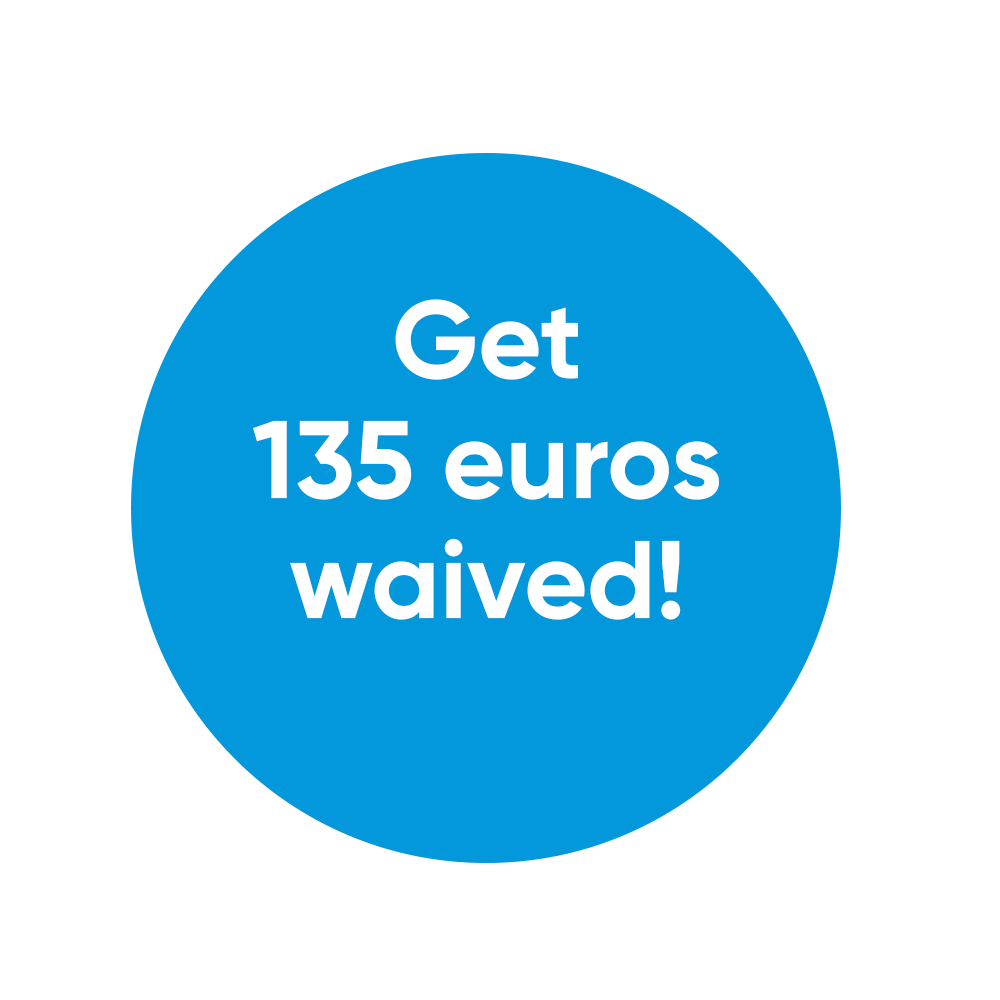
Financial renting
- No collateral needed
- Lower monthly repayments than with other forms of financing
- Rental invoices treated as expenses in the income statement
What can you finance with a renting solution?

A company car
A passenger car or van (electric, new or second-hand).

Business equipment
Agricultural machinery and vehicles (both new and second-hand).
Regardless of whether you're a starter or an established business owner, it’s important to get your business venture off to a smooth start. To do that, you often need a company car, office equipment, machinery or business equipment.
But what if you’d rather not use your own capital to fund them? With financial renting, KBC Brussels buys the goods and you acquire the right to use them. We pay the full investment amount to the supplier (including the VAT), so you don’t have to pay the supplier anything upfront. When you take delivery of the goods and your contract starts, you pay the investment amount (including the VAT) back to us over a certain time period. At the end of the contract, you have the option of buying the goods for their residual value, in which case KBC Brussels will no longer be the legal owner.
The financial renting option
With financial renting, KBC Brussels buys the goods and you acquire the right to use them. The purchase invoice is in our name, making KBC Brussels the owner. You don’t have to pay the supplier anything upfront. We pay the full investment amount to the supplier (including the VAT).
As soon as your contract starts (after receiving the goods and signing your receipt), you start paying back the investment amount (including the VAT) over time via monthly rental invoices.
At the end of the contract, you have the option of buying the equipment or vehicle for its residual value. The minimum investment amount for business equipment, fixtures and furnishings, machinery and company cars is 9 000 euros (excluding VAT).
If you decide to rent, you have to process the rental invoices in your accounts each month. They are entered as an operating expense in your income statement. In other words, your vehicle or business equipment is not included in the balance sheet.
Leasing and renting are similar at first sight, but there are some important differences. As regards the accounting treatment of leasing, you capitalise and depreciate the asset on your balance sheet in a similar way to an investment credit. With renting by contrast, you record the invoice in the income statement as an expense and there is no balance sheet capitalisation. The purchase option in both the leasing and renting contract gives you the opportunity to buy the goods for their residual value at the end of your contract.
When you opt for a traditional investment credit, you immediately become the full owner of the vehicle or business equipment, because it’s you who buys it. KBC Brussels merely helps you finance it. If you opt for the renting arrangement, KBC Brussels remains the legal owner. There are also differences in the accounting treatment. You capitalise an investment credit on the balance sheet first, but with renting you record the invoice in the income statement as an expense (no need for balance sheet capitalisation).
Your personal preferences and financial situation are important when deciding whether to go for an investment credit, leasing or renting. If you’re still unsure, run a simulation in KBC Brussels Mobile or KBC Brussels Touch and KBC Brussels will suggest the best solution for your business.
Find out which credit facility suits you best for a company car: compare financing for company cars
Find out which credit facility suits you best for business equipment: compare financing for business equipment
- Choose a vehicle or business equipment and ask the supplier to prepare an order form
- Apply for your financing online using KBC Brussels Mobile, KBC Brussels Touch or the KBC Business Dashboard
- If your application has been approved and the contracts signed online, KBC Brussels reconfirms your order
- Upon receipt of the goods or vehicle and after the receipt has been signed, KBC Brussels pays the invoice amount to the supplier
- Your contract is activated and you start paying your monthly invoices
- You decide on the type of goods you require and KBC Brussels pays the full investment amount to the supplier (including VAT).
- You pay back the VAT over a longer period and KBC takes care of the prefinancing.
- You also spread repayment of the investment amount. You don’t have to pay the supplier anything upfront and KBC Brussels pays the full amount of the investment to the supplier (including the VAT).
- You record business equipment in the income statement as an expense.

